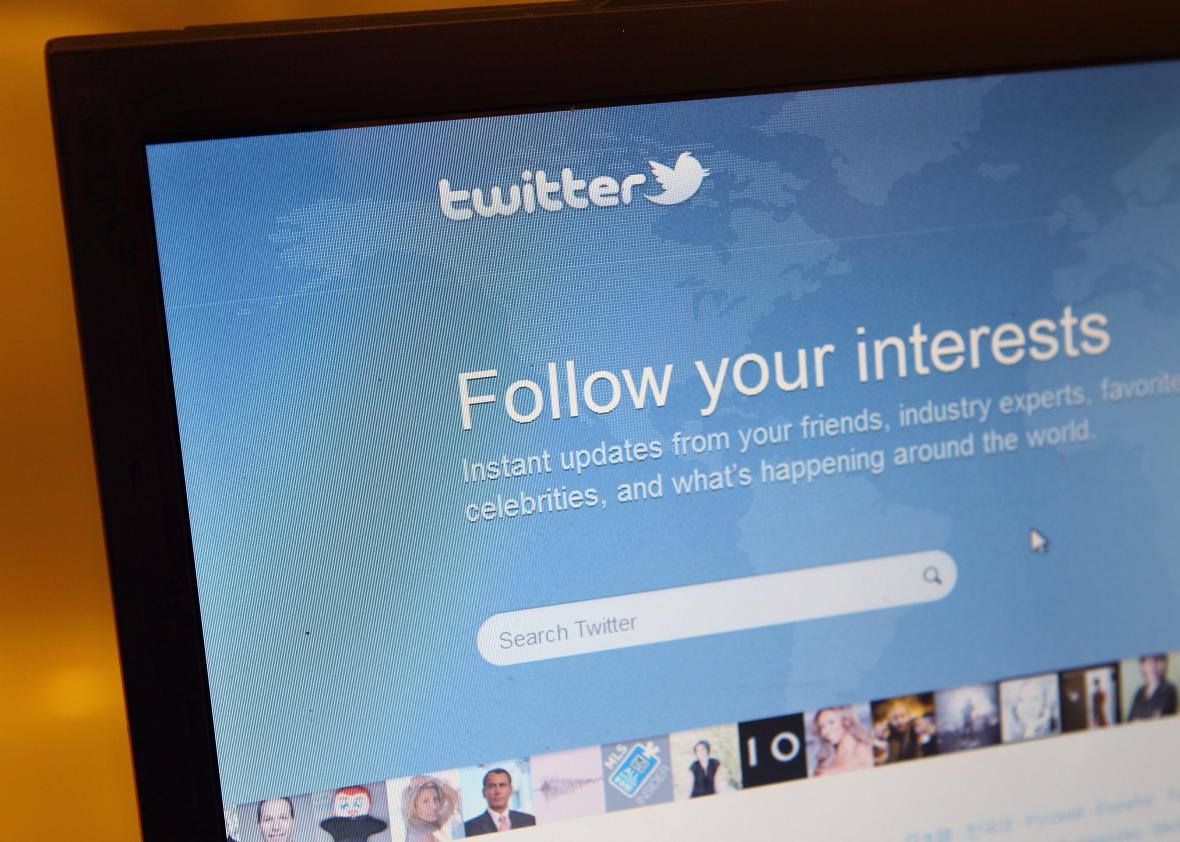Twitter has been working to forge points of view on delicate issues like freedom of expression and its relationship with the U.S. government. Now in an apparent effort to distance itself from intelligence agencies, the company has said that Dataminr, a service that has full access to Twitter’s data and spots trends in its content, can’t provide reports to government agencies anymore. Twitter holds a 5 percent stake in Dataminr, which makes it all the more awkward.
The recent shift has not been publicly acknowledged, but the Wall Street Journal published a report about it Sunday, citing multiple sources. Twitter told the Verge in a statement that it had “never authorized Dataminr or any third party to sell data to a government or intelligence agency for surveillance purposes.” The company argues that its terms of service have always prohibited third parties from sharing findings about Twitter with the government.
In spite of Twitter’s comments that a relationship between Dataminr and government agencies would have never been allowed, the Journal reports that such a connection has existed for two years—and that Dataminr executives only recently informed their government contacts they couldn’t work together anymore. Dataminr also provides analyses to companies in other sectors like finance and media (in fact, Slate uses Dataminr), and these relationships can continue. Twitter hasn’t changed anything about its technology, it just seems to be evolving its stance on how third parties can use its data.
And the information Dataminr has to share can be important. The company had new data about the November terror attacks in Paris shortly after the crisis began, and says that it was 10 minutes ahead of news outlets on reporting the Brussels attacks to customers. The Journal also notes that Dataminr has been able to offer insight into ISIS movements and political unrest in Brazil.
Anything that is publicly shared on Twitter is, well, public, so government agencies can still easily monitor data on the site. But third parties aren’t supposed to use Twitter’s application program interface (API), which allows them to connect to an organized flow of this data, for handing processed information to the government.
It’s a fine balance for Twitter to strike. On the one hand, too much intimacy with the government can make a tech company appear untrustworthy to users and even investors. On the other hand, it won’t be good PR for Twitter if the company is keeping law enforcement from accessing ostensibly public data that could have helped save lives during some type of violent incident.
“Twitter’s decision could have grave consequences,” Michael S. Smith II, the COO of security consulting firm Kronos Advisory, told the Journal. The problem for Twitter now is that either decision could have grave consequences.
